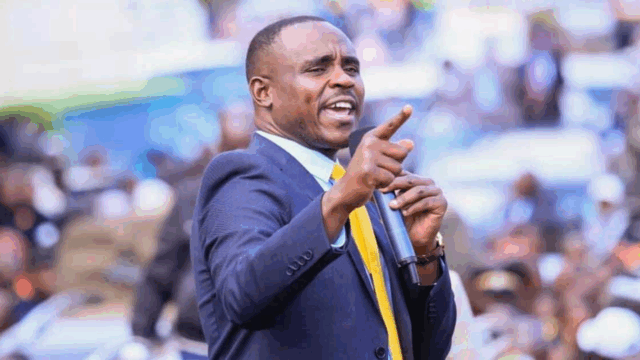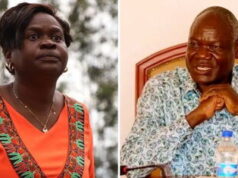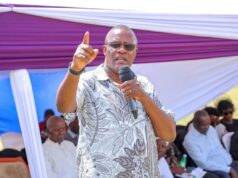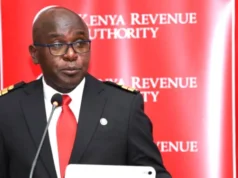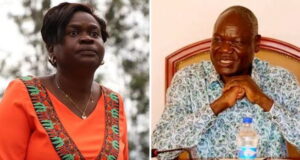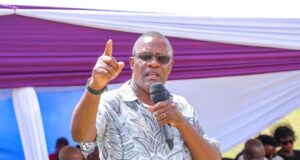In a stunning policy reversal, the Kenyan government has admitted it can no longer sustain full funding for free primary and secondary education, citing fiscal pressure and reduced donor support.
The announcement, made by top officials in the Ministry of Education, signals a major shift in Kenya’s education model, which for over two decades guaranteed tuition-free learning for millions of children.
What Was Said?
Speaking during a press briefing in Nairobi, Treasury CS Mbadi
“The government is committed to education, but the burden is increasingly unsustainable. We will need to adopt a shared responsibility approach with parents and development partners.”
This comes as schools across the country report late capitation disbursements, lack of teaching materials, and congested classrooms — conditions worsened by rising enrollment figures and limited infrastructure.
The Free Education Dream
Kenya introduced Free Primary Education (FPE) in 2003 and later Free Day Secondary Education (FDSE) in 2008. The programs were internationally praised, leading to:
Over 10 million children accessing education,
A surge in literacy rates,
And a global model for other developing nations.
But over the years, cracks began to show.
The Economic Pressure
With Kenya’s national debt surpassing Ksh. 11 trillion, and with sluggish economic growth, the education sector is suffering as:
Budget reallocations favor infrastructure and defense,
Donor funding declines,
And schools remain under-resourced.
A 2025 Treasury report confirmed that only 67% of required education capitation was disbursed in the last financial year.
Implications for Parents and Schools
The biggest impact will be on vulnerable families, especially in rural areas and informal settlements. Many parents are now being asked to pay development levies, remedial fees, or buy books and uniforms — despite the “free” education label.
“If it’s no longer free, call it what it is,” said a parent from Kisumu.
“We are being harassed for fees we never planned for.”
Teachers’ unions have also voiced concern, warning that dropout rates could spike, especially among girls and marginalized communities.
Government’s Next Move
The Ministry says it will unveil a new financing model, involving:
Cost-sharing frameworks,
Increased focus on private-public partnerships, and
Potential introduction of education bonds.
But education experts are skeptical, calling for accountability in existing allocations before burdening citizens.
Free education has in force all years since Independence. However, unlike his Boss, Education PS has distanced from the CS’s point.
Parents left in limbo to find out, which way to take.


